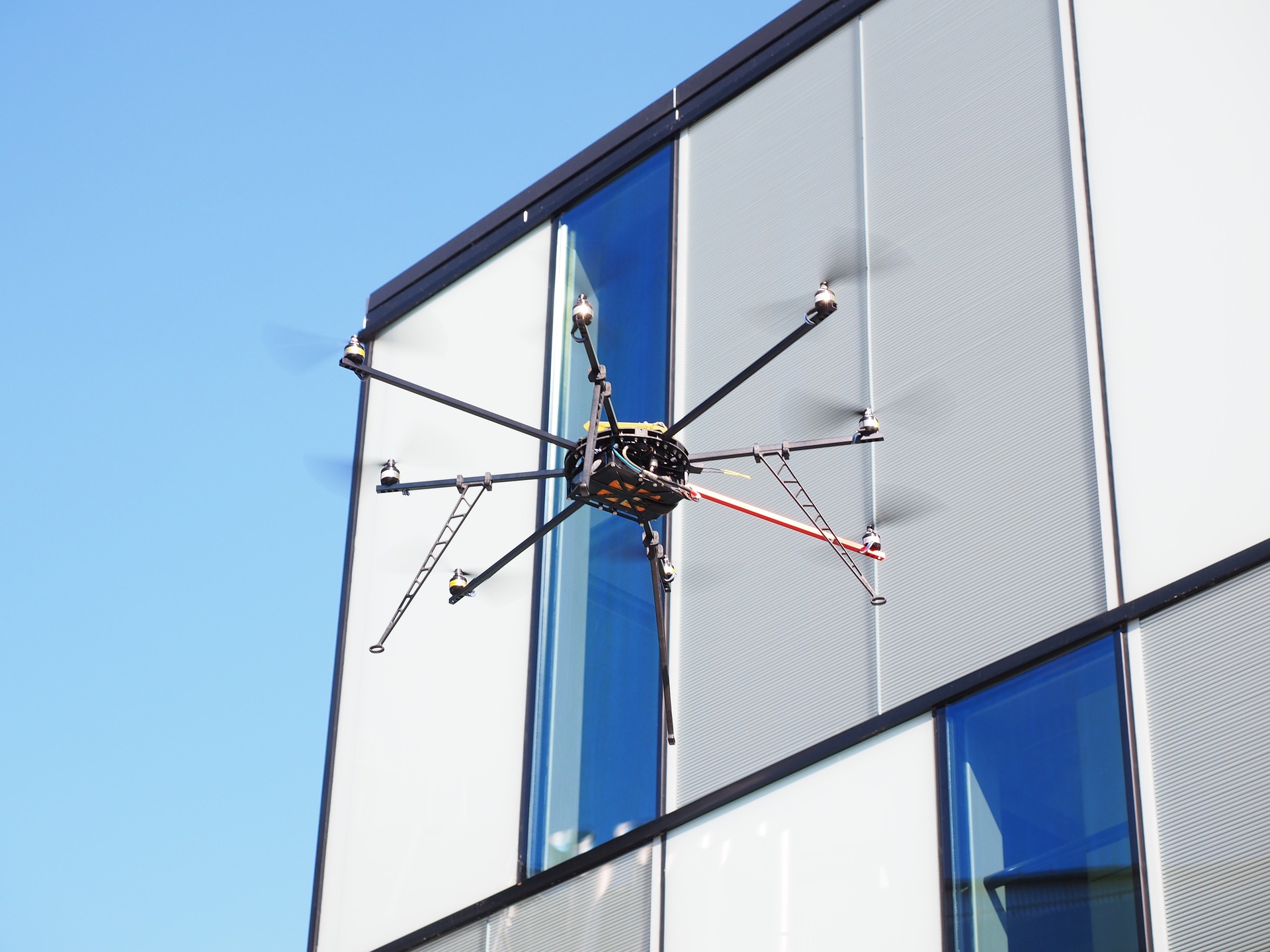Today, the volume of data generated in enterprise environments is growing exponentially, and this poses an opportunity for Heads of IT, who are beginning to understand the potential of these massive data flows and are increasingly adopting tools to organize and analyze that information in the most appropriate way. In fact, according to data gathered by IDC, the Big Data and Business Analytics market is expected to grow to $210 billion by 2020. Yet, Big Data also poses important challenges for corporate environments: How can organizations protect ever-increasing volumes of data?
Security implications of Big Data
There are two fundamental aspects that must be analyzed when discussing the security implications of Big Data. The first is the most obvious one: How can organizations secure the huge amounts of customer and corporate information produced? The second is more practical and consists of exploring the ways in which Big Data analytics can be used to improve security.
In the first case, the problem begins with data classification and identification. It is essential to be able to properly identify both the data and the sources that produce and handle it, and it is therefore necessary to classify the information (typology, origin, structure…) of what is being stored. This way, you will be able to build an organized Big Data environment that will be much easier to control.
Doing that means bringing together a cloud computing environment with the storage and processing capabilities of Big Data, which will require new appropriate security measures. Finally, proper data classification will also help the creation of an attribute-based encrypted environment, which will result in a more secure Big Data environment.
As for the second aspect, there are many beneficial ways to leverage Big Data in order to increase security, and choosing the most appropriate one will entirely depend on your systems and interests. For example, big data flows can be used to generate predictive patterns that allow organizations to predict attacks, customer behavior, etc.
Big Data analytics also allows you to extract useful information from different sources simultaneously, something which enables organizations to maximize the information gathered from logs in near real time. An example of this can be seen in the high efficiency levels achieved by SIEM and IDS systems, which leverage Big Data and cutting-edge Machine Learning techniques in order to quickly learn about potentially dangerous behaviors and sources.
Factors to consider when analyzing the relationship between security and Big Data
When it comes to ensuring the security of the information handled by an organization, Big Data poses a series of challenges that must be taken into consideration. For example, securing transactions and logs requires having an effective auto-tiering mechanism in place that stores data appropriately. Additionally, it is essential to have a good location system for that information.
It is mandatory to secure operations in distributed processing frameworks, as well as other processes, and validate (and filter) endpoint access, ensuring their legitimate use. If access is compromised, which usually happens after a certain period of time, it is important to keep your data properly protected using encryption in addition to securing inter-device communication.
As previously stated, data classification is critical when discussing Big Data and security, as is ensuring that good security practices are followed. Performing regular audits and implementing granular access control mechanisms will allow you create a security context in which to apply specific solutions for the handling and storage of Big Data.
Thanks to solutions such as Panda Adaptive Defense 360, which leverages machine learning techniques in order to classify all events occurring on a computer network more effectively, organizations can detect and block malicious processes, data leaks and vulnerabilities and even remedy the damage caused by a security breach. This is possible thanks to our implementation of the most advanced artificial intelligence and context intelligence applications to assist us in the mammoth task of securing Big Data environments.





